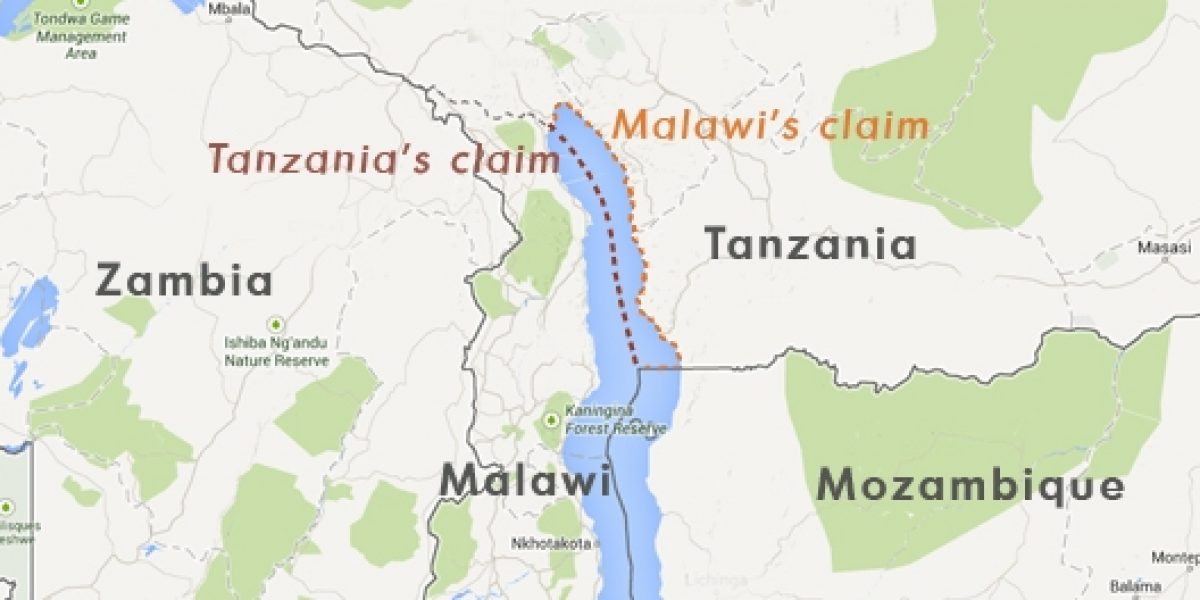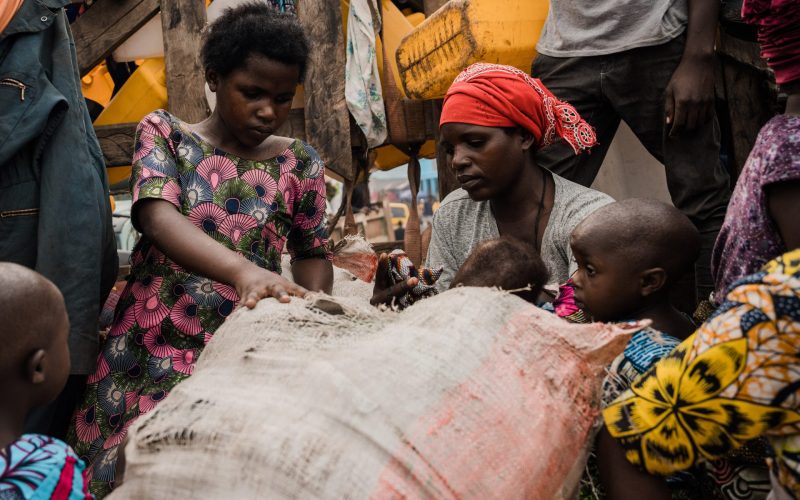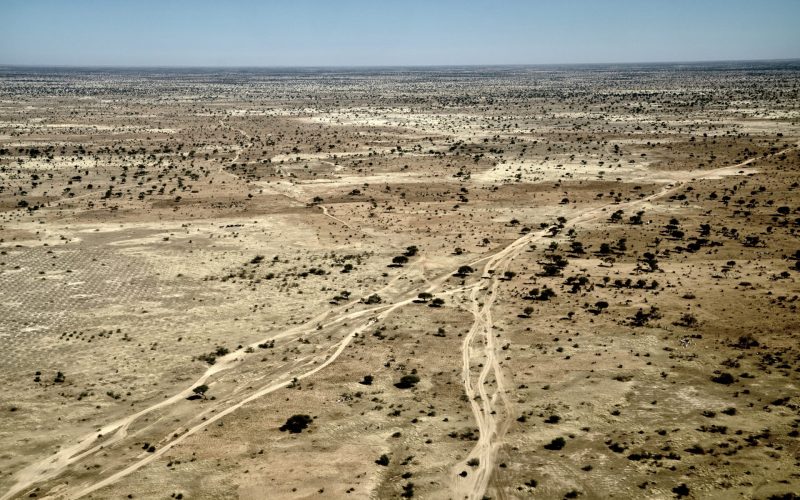The dispute arose in 2012 when Malawi awarded an exploration licence to a British company, Surestream, for the possible exploitation of oil and gas reserves in Lake Malawi (known as Lake Nyasa in Tanzania and Mozambique). The furore that erupted following this announcement resurrected a decades-old dispute between the two countries over the demarcation of their border traversing the lake.
Malawi’s assertion is that it presides over the entire lake up to the Tanzanian shoreline, as stipulated by the 1890 Heligoland Treaty; while Tanzania’s position is that in accordance with international norms and practice, the border ought to be demarcated in the centre of the lake. Tanzania proclaims that this is in fact the case with the demarcation of the Malawi-Mozambique border on Lake Malawi. A key tenet of Malawi’s counter-claim is, however, that the Portuguese rulers of pre-independent Mozambique bartered a portion of Mozambican territory in the 1950s in exchange for a piece of the lake. This, in their view reinforces the validity of the Heligoland Treaty.
While resolution of the dispute rests on the interpretation of international law, the polarised positions of the two countries mean that it is unlikely that a decision will elicit a favourable response from both parties. This case also highlights the real tragedy of the suspension of the beleaguered SADC Tribunal last year, whose mandate through Article 9 of the SADC Treaty gave it express powers to adjudicate on inter-state disputes.
In its absence, a SADC mediation process has been instituted through the Forum for Former African Heads of State and Government, headed by Joaquim Chissano of Mozambique. Despite its best intentions, this process has been beset with delays, controversy and confusion. In April 2013 Malawi withdrew from the process, citing bias by one of the SADC officials. According to them, John Tesha, a Tanzanian diplomat at SADC, forwarded Malawi’s submission outlining their arguments to the dispute resolution mechanism prematurely to the Tanzanian government. Although they returned to the mediation table in early May, following Tesha’s recall by Tanzania, there remains scepticism (particularly from within Malawi) that the process will be free from political bias.
Provisions in the bilateral agreement between Malawi and Tanzania that was signed in November 2012 make it possible for either party to refer the matter to the International Court of Justice (ICJ).
From the outset Malawi has been reluctantly acquiescent to SADC’s mediation over the dispute, and its reaction to the SADC process has created the impression that it is hoping for an ultimate referral to the ICJ. A reversion to the ICJ is very likely, particularly since President Banda’s ultimatum to the Forum for Former African Heads of State and Government calling for a resolution of the matter by September 2013. This outcome seems unlikely at best.
While a referral to the ICJ is undesirable because it could delay the contended activities on the lake for a number of years; it also undermines the authority of SADC’s dispute resolution efforts in the region. Nonetheless, in view of the suspension of the tribunal and Malawi’s obvious discomfort with the process this seems the most reasonable route to follow.
However, this raises a bigger question about SADC’s ability to manage its internal affairs effectively. President Joyce Banda will inherit the stewardship of a SADC entity that is still recovering from the disappointment it accrued internationally for endorsing a ‘credible’, ‘peaceful’ yet patently unfair election in Zimbabwe. In Madagascar, it is scrambling to end a deadlock between opponents, Andry Rajoelina and Marc Ravalomanana over their eligibility to stand for elections. Its inability to move expeditiously towards the resolution of some of these internal quarrels and regional disputes is aggravated by the suspension of the SADC Tribunal.
The broader implication of course is that a region that is seen to be unable to manage its own disputes loses credibility in the eyes of the international community. This has ramifications for how SADC will address future regional disputes and impacts on the authority it has to refuse external interference in future quarrels. Malawi’s chairmanship of SADC and its embroilment in an on-going regional dispute puts it in a unique position to spearhead a reinvigoration of the tribunal – one that will also be for its own benefit.
At a bilateral level, both Malawi and Tanzania would do well to consider less absolutist solutions to the dispute. Regardless of the border demarcation, two million families from some of the most vulnerable countries in the world depend on the lake for food, shelter, water and income. A resource management solution that takes into account the sustainability of the livelihoods of these communities will ultimately be in the interest of both countries and the region as a whole.








